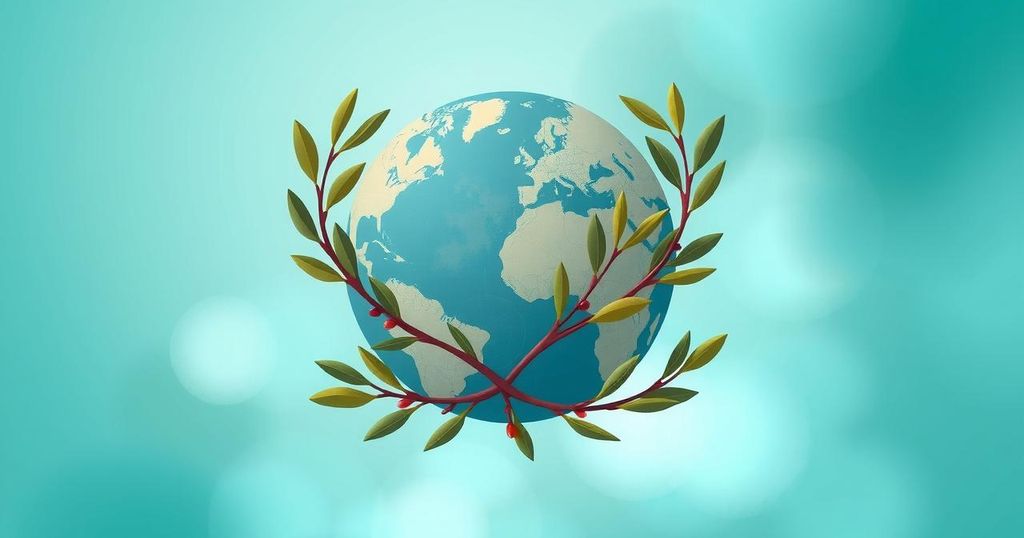The DRC and M23 rebels will participate in Angola peace talks aimed at resolving the ongoing conflict in the east of the country, marking a shift from previous refusals by the DRC government. The humanitarian crisis is profound, with millions displaced and thousands dead due to the conflict, which is fueled by historical tensions and battles for mineral resources.
The Democratic Republic of the Congo (DRC) and the M23 rebel group have confirmed their participation in forthcoming peace talks in Luanda, Angola, aimed at resolving ongoing conflicts in the eastern DRC. Initially rejected by DRC, these talks signify a shift in stance from President Felix Tshisekedi’s administration, which had previously been unwilling to engage directly with the rebels.
A delegation from the DRC has arrived in Angola for the scheduled negotiations, a notable development as direct talks had been dismissed earlier due to government refusals. This change follows announcements by Angola, which has been actively mediating efforts for a ceasefire amidst the escalating violence tied to the M23 group.
The M23, backed by Rwanda, has seen significant territorial gains in the DRC, capturing crucial cities like Goma and Bukavu. The humanitarian impact of this conflict has been severe, with over seven million displaced and an estimated 7,000 deaths reported in recent months. This group is one of many armed factions competing for control in these mineral-rich areas.
As the conflict intensifies, M23 leader Bertrand Bisimwa emphasized the need for dialogue, stating that “peace begins with dialogue. The sooner we talk, the sooner peace becomes a reality.” The violence rooted in historical tensions and resource struggles has led to the United Nations launching an investigation into human rights violations committed by both the DRC and the rebels.
The confirmation of peace talks between the DRC government and the M23 rebels in Angola marks a critical juncture in resolving the ongoing conflict that has devastated eastern DRC. This participation represents a willingness to engage in dialogue, driven by humanitarian concerns given the severe impact of the violence on millions. The international community is closely monitoring the developments as the situation continues to unfold, emphasizing the need for sustainable peace efforts in the region.
Original Source: www.aljazeera.com






